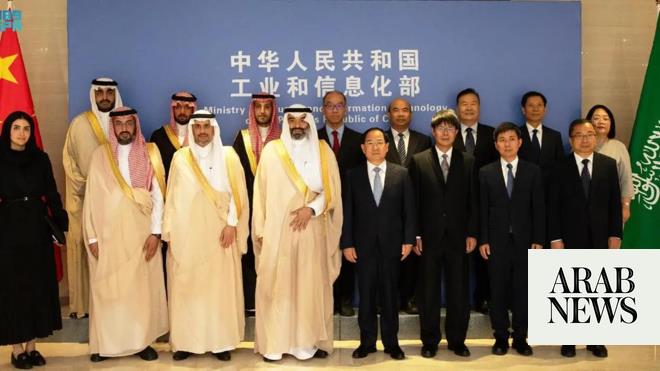
The 12th round of Astana talks on Syria took place this week in the Kazakh capital Nur-Sultan, formerly known as Astana. The 11 previous meetings, under the sponsorship of Turkey, Russia and Iran, produced tangible outcomes in regards to finding a solution to end the long-lasting conflict.
The latest high-level meeting was scheduled to bring together some old and new participants in order to make a fresh effort to form Syria’s constitutional committee, as well as to discuss other issues concerning the political settlement.
Ahead of the meeting, it was reported that the three guarantor states are likely to discuss the issue of other countries joining the Astana peace talks. It has already been raised that China, Germany, Iraq, Jordan and Lebanon would be possible new members. Each of these countries has reasons to join the Astana process. Jordan and Lebanon, two neighbors of war-torn Syria, host the largest number of Syrian refugees after Turkey. Germany, an EU country, has been in intensive talks with Turkey regarding the flow of refugees to Europe. China has been supportive of the Syrian regime throughout the conflict, mainly through the UN Security Council.
Besides the content of the Astana talks, it is important to look at the latest developments in order to see the bigger picture.
Iranian Foreign Minister Mohammed Javad Zarif last week paid an official visit to Turkey, following a trip to Syria the previous day. Although bilateral issues dominated the agenda during his talks with officials in both capitals, the timing of his trip and the contents of his meetings in Turkey and Syria showed that his tour of two estranged neighbors was largely linked to the international efforts to solve the war in Syria.
A few days later, on Monday, a prisoner swap between the Syrian regime and the armed opposition took place as part of the Astana process, according to a statement released by the Turkish Foreign Ministry. It was reported that nine prisoners were swapped from each side in Abu Al-Zindeen, south of the opposition-controlled town of Al-Bab.A day after the swap, which was the result of a joint effort by Ankara, Moscow and Tehran, Russian warplanes launched a series of attacks on the Idlib countryside in the northwest of the country. Idlib has been a highly sensitive topic for Turkey and Russia.
On the sidelines of these developments, there is still ongoing controversy over Ankara’s decision to purchase the Russian S-400 air defense system and the American F-35 advanced fighter aircraft. Although the US and NATO ally Turkey have been at odds over the matter, Moscow this week stated that it will start delivering the S-400 to Turkey in July.
Turkey’s foreign minister and defense minister subsequently came together on Wednesday for a meeting that Turkish news outlets described as “highly critical.”
A development that further elevated the tension in regional capitals came on Monday, when the US announced that sanctions waivers granted to some of Iran’s largest oil customers were going to come to an end in early May. This is an effort to escalate pressure on the regime in Tehran, but it raised eyebrows in Ankara and Beijing. China and Turkey seem to find some common ground in recent years and both have said they will continue to import oil from Iran in defiance of the Donald Trump administration.
On the sidelines of all these developments, Tuesday saw Turkish and Chinese officials come together to intensify cooperation efforts in regards to the giant Chinese investment project the Belt and Road Initiative. Beijing is looking to double its investments in Turkey, which is located in the middle corridor of the project, to $6 billion by 2021, according to Deng Li, the country’s ambassador to Ankara.
Meanwhile, determined to expand energy cooperation, Turkey and China have also been negotiating the construction of a nuclear power plant in Turkey. Russia’s Rosatom is constructing Turkey’s first nuclear plant, Akkuyu, in the southern province of Mersin, based on an agreement signed in 2010. The two countries also have the joint TurkStream gas project.
Needless to say, the overall picture shows that, besides the political matters bringing Turkey to the same table as global powers Russia and China, there are also other issues related to trade and energy that seem set to bring them closer in the coming days and weeks.












